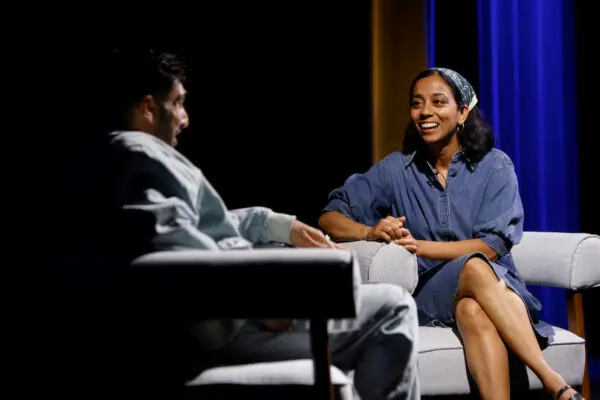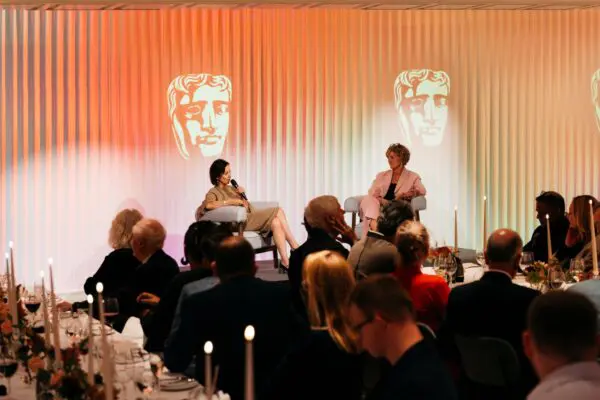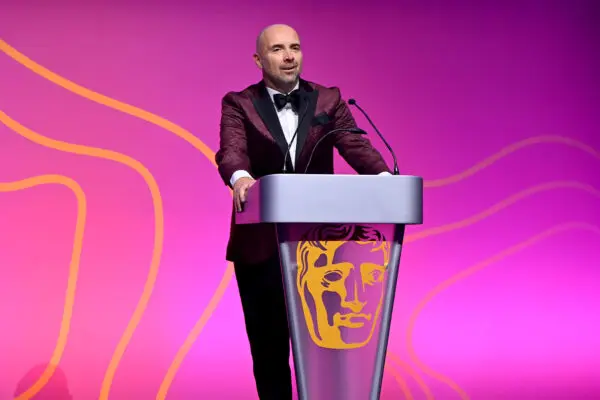Sharing their unique perspectives, Vasan’s as an Indian born Singaporean and Rizwan’s as a Pakistani born Brit, both actors commented that we need to embrace the fact that no-one is one-dimensional.
Rizwan said: “We’re always exposed to so many contradictions it’s really obvious when you get a one-dimensional character because you’re like well no one is as simple as this we’ve all got some weird things going on.”
The actor also addressed how other people’s perceptions can impact our own sense of self too particularly when it comes to our ethnicity. He said: “Sometimes I question how we as South Asian British people perceive ourselves because we are put in so many situations where you see the outsides perception of us which is so disorientating because we are not one thing… British Asian isn’t one thing yet we have certain things which are like ‘you’re all in this’ … so who am I? I don’t know, who do white people think I am? I don’t know.”
The actors also reflected on how the South Asian experience had shaped them, adding to their own multi-dimensionality and influencing their craft.
Vasan said: “I think immigrants have such a big imagination, the fact that you can see for yourself I’m going to like fly to another place and build an entire life for my family and for myself somewhere else involves a huge amount of imagination… it’s about world building and it’s about observing cultures…
“You’re on the side-lines observing a lot and absorbing a lot and that is what acting is when you’re stepping into someone’s shoes that are not yours.”
Similarly, Rizwan said: “You kind of always have an outside eye… so I think it gives you an amazing overview of human life and relationships and behaviour patterns that = surely has to inform our creativity.”










